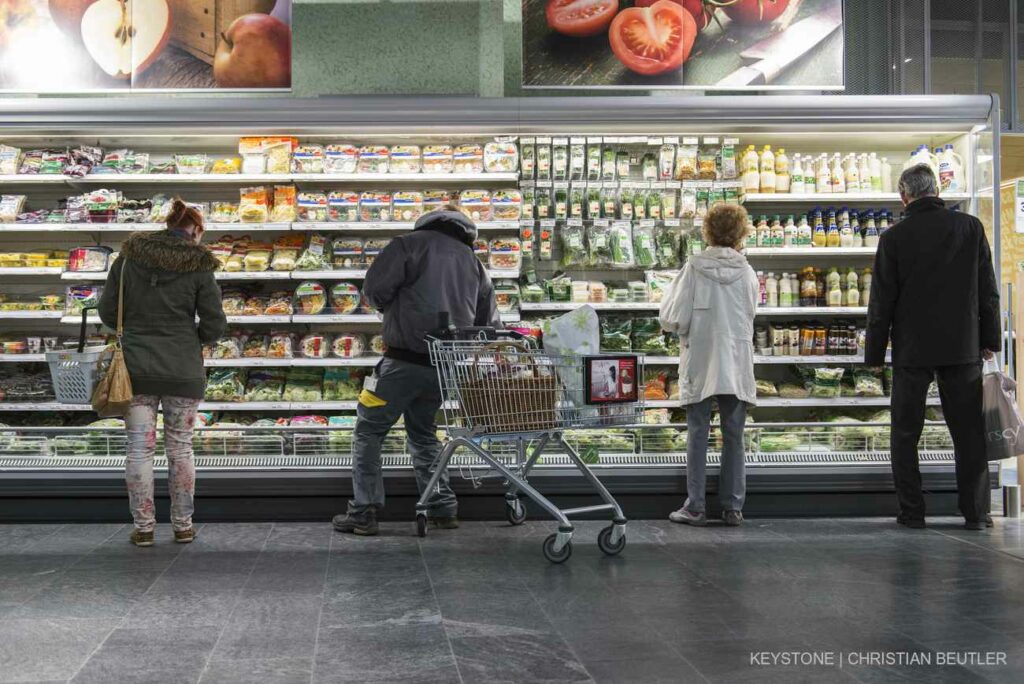Tue, Feb 13th 2024
January sees a significant drop in Swiss inflation, hitting its lowest since fall 2021, sparking debates on potential interest rate adjustments.

As per the Federal Statistical Office’s latest reports, this is descending to 1.3% from the previous month’s 1.7%. This decline marks the lowest inflation rate since the fall of 2021, contrasting sharply with periods exceeding 3%.
Economists, taken aback by the sharp fall, had predominantly anticipated inflation rates to hover around 1.5% to 2%. The consensus on this unexpected drop points to a confluence of factors, including the impact of solid franc values and decreasing oil prices predominantly affecting imported inflation rates.
Additionally, the year’s onset did not see the anticipated pass-through of VAT increases in consumer prices. Contrary to expectations, retailers leaned towards price reductions, particularly noticeable during the January sales season, which saw more significant discounts than usual.
Core inflation, which strips out the volatile energy and fuel prices, similarly witnessed a reduction, moving from 1.5% to 1.2%. This downward trend provides the Swiss National Bank (SNB) with a broader margin for maneuver, possibly postponing the easing of monetary policies. This move could position it ahead of other central banks, including the ECB.
Despite the potential for policy relaxation, the economic community remains cautious. The call for prudence comes from the anticipation of second-round effects, which have yet to show a significant impact, and the enduring 2% domestic inflation rate, suggesting that it might be premature to declare a victory over inflation.
The consumer price index (CPI) also saw a marginal increase of 0.2% over the previous month, reaching 106.4 points. Various factors, including escalated prices for electricity and hospitality services influenced this rise. Despite these increments, the overall inflation landscape remains subdued, especially when juxtaposed with figures from Germany and the broader eurozone, where January inflation stood at 2.9% and 2.8%, respectively.
The FSO also made minor adjustments to the CPI basket to reflect current consumption trends, with notable changes in the weighting of restaurants, hotels, and international package tours.
The lower-than-expected inflation has weakened the Swiss franc against major currencies, fueling speculations about the SNB being the frontrunner in reducing interest rates among G10 countries. This move could widen the interest rate differentials with other regions, impacting the franc’s valuation.
This detailed analysis of Swiss inflation in January underscores the intricate dynamics at play in the national economy and the careful consideration required by the SNB in its forthcoming monetary policy decisions.
©Keystone/SDA
